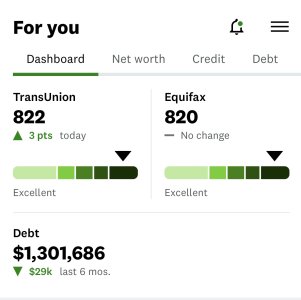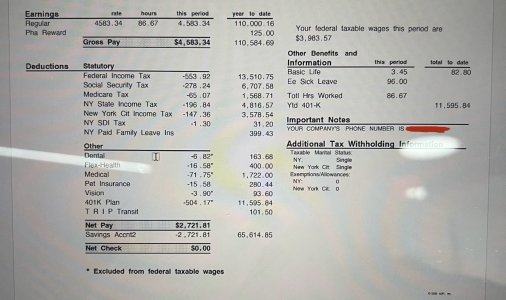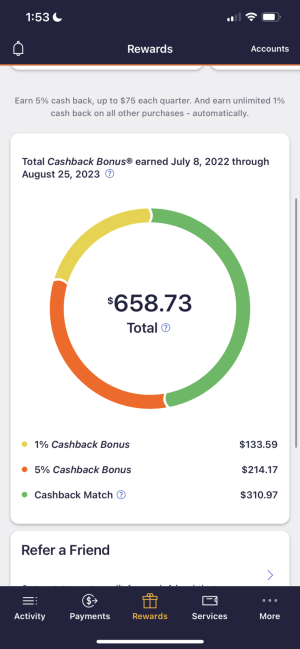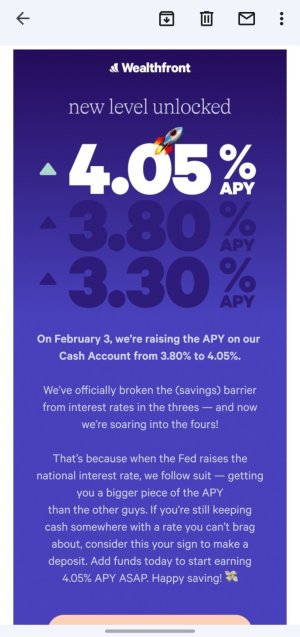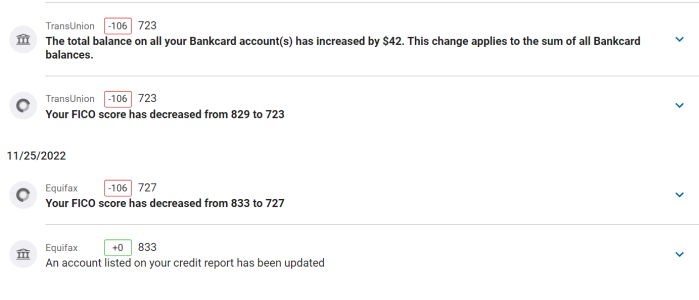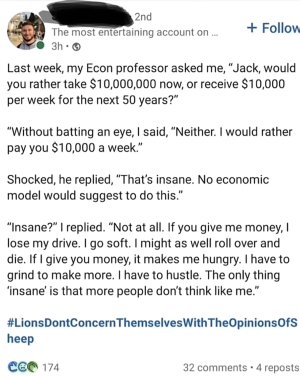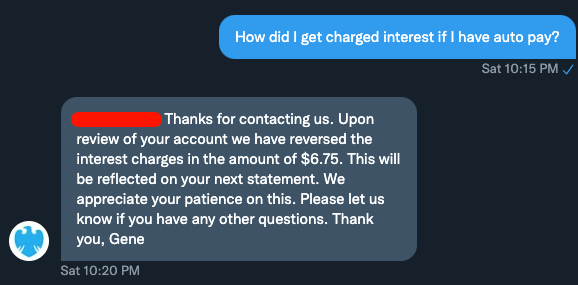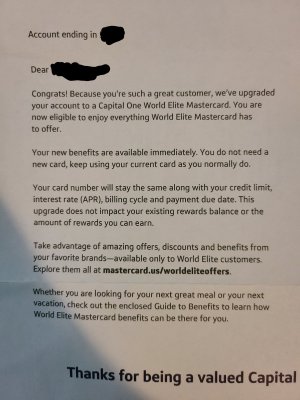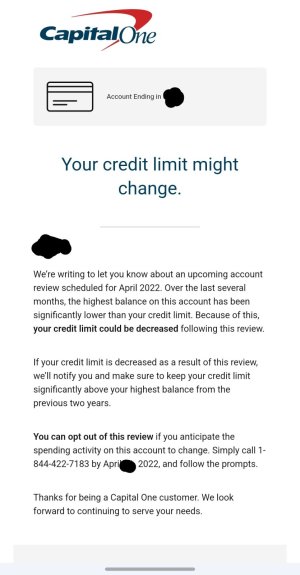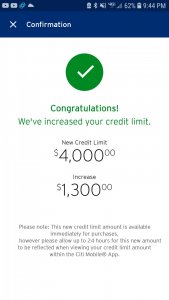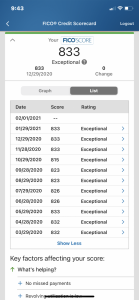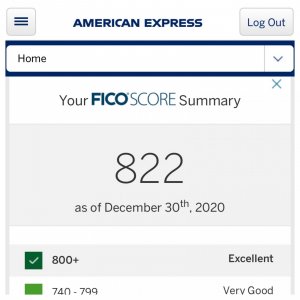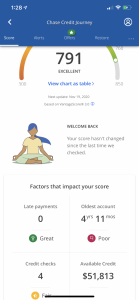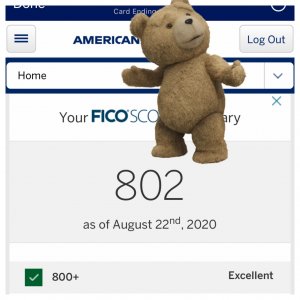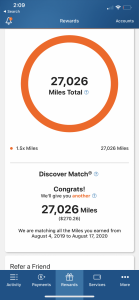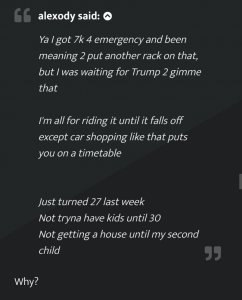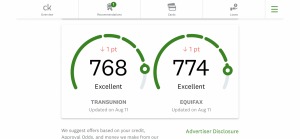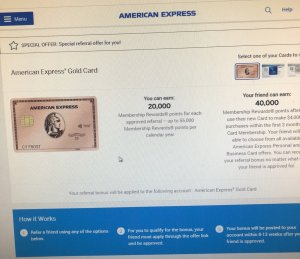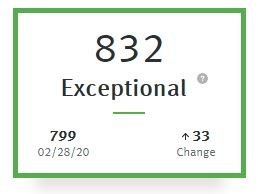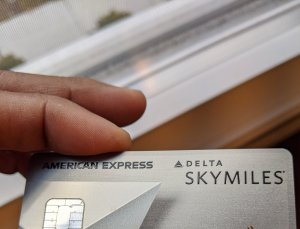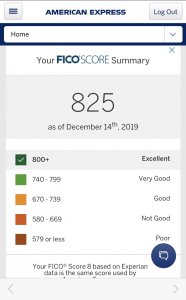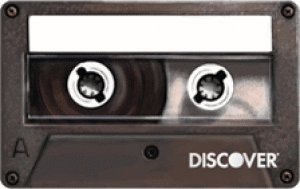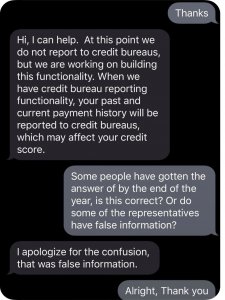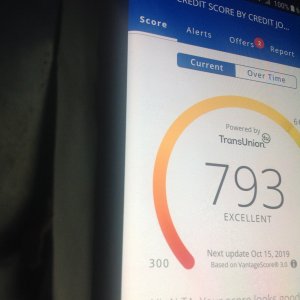- 8,362
- 1,473
- Joined
- Dec 29, 2008
no no, you're misunderstanding what I'm trying to say. If I recall correctly, someone in here said that the credit usage that gets reported is basically right at the end of a period. So what I'm saying is pay almost all of it off before the due date, and then pay the final small amount on the due date. Thus, it would only report it as a small usage %. Maybe I'm not understanding what they were saying if that's not the case.No, you'll want to pay it all off every month (otherwise paying interest defeats the point of a good credit score). You just don't want to use more than 10% in a given month.
The credit tool that most people overlook here is the overdraft line of credit on your checking account. It'll be reported the exact same as your credit card, but protect you if you overdraft your checking account.



